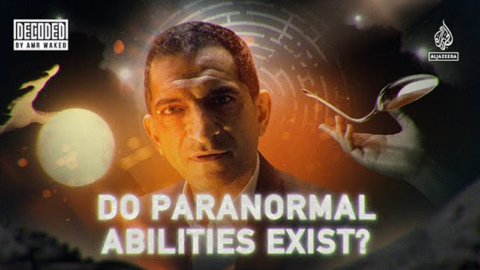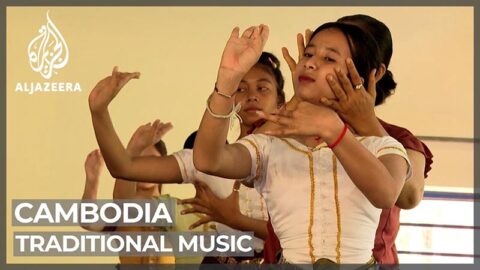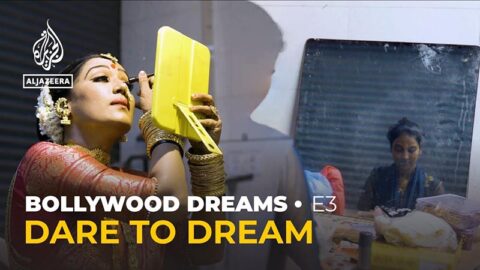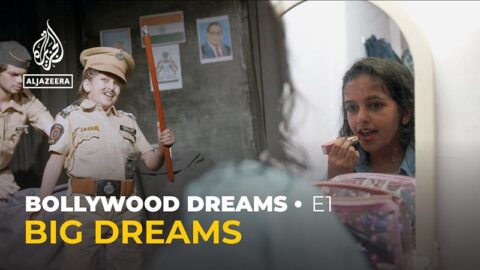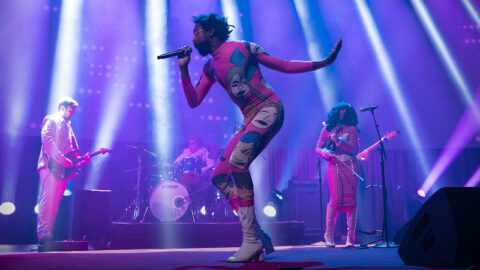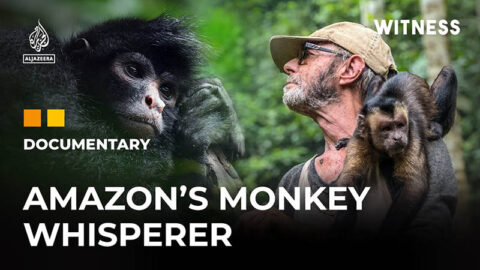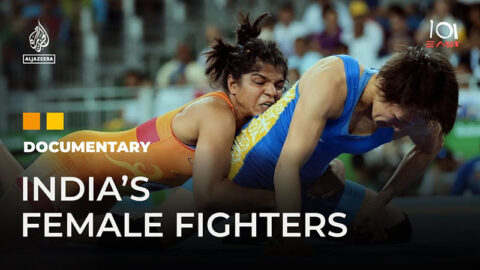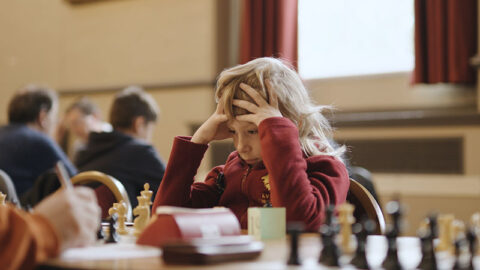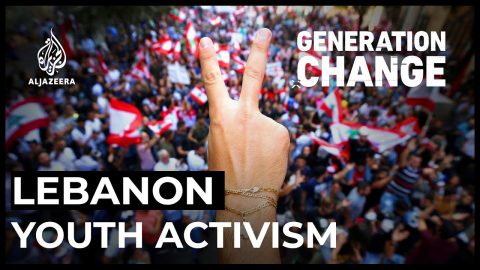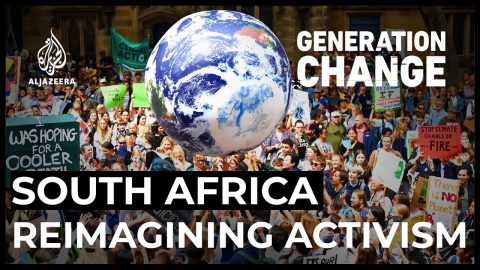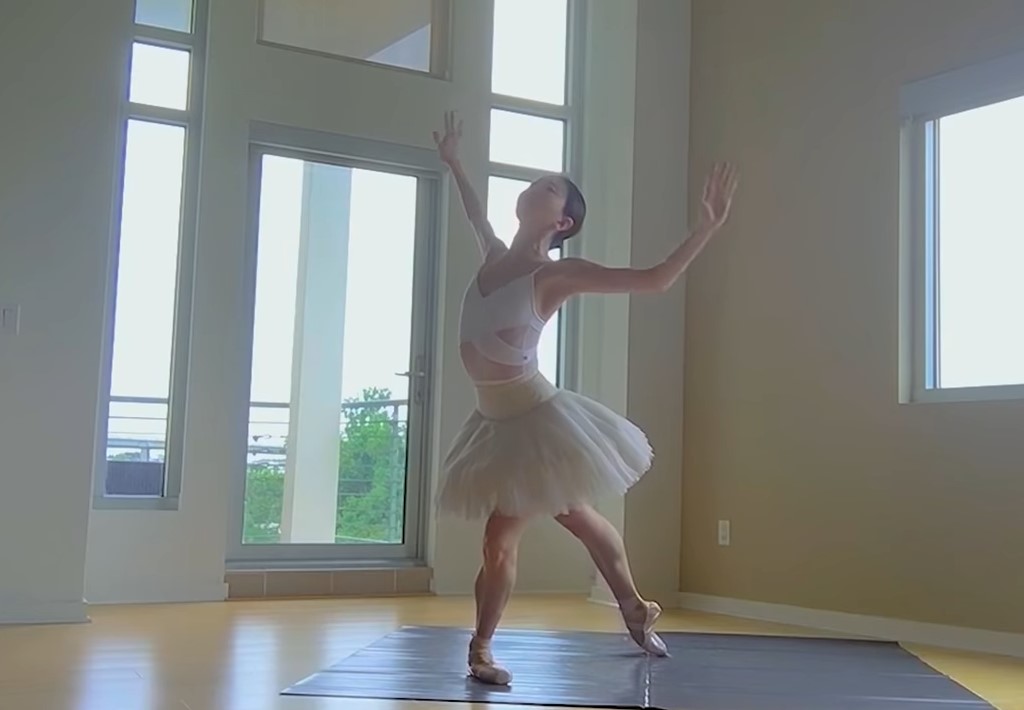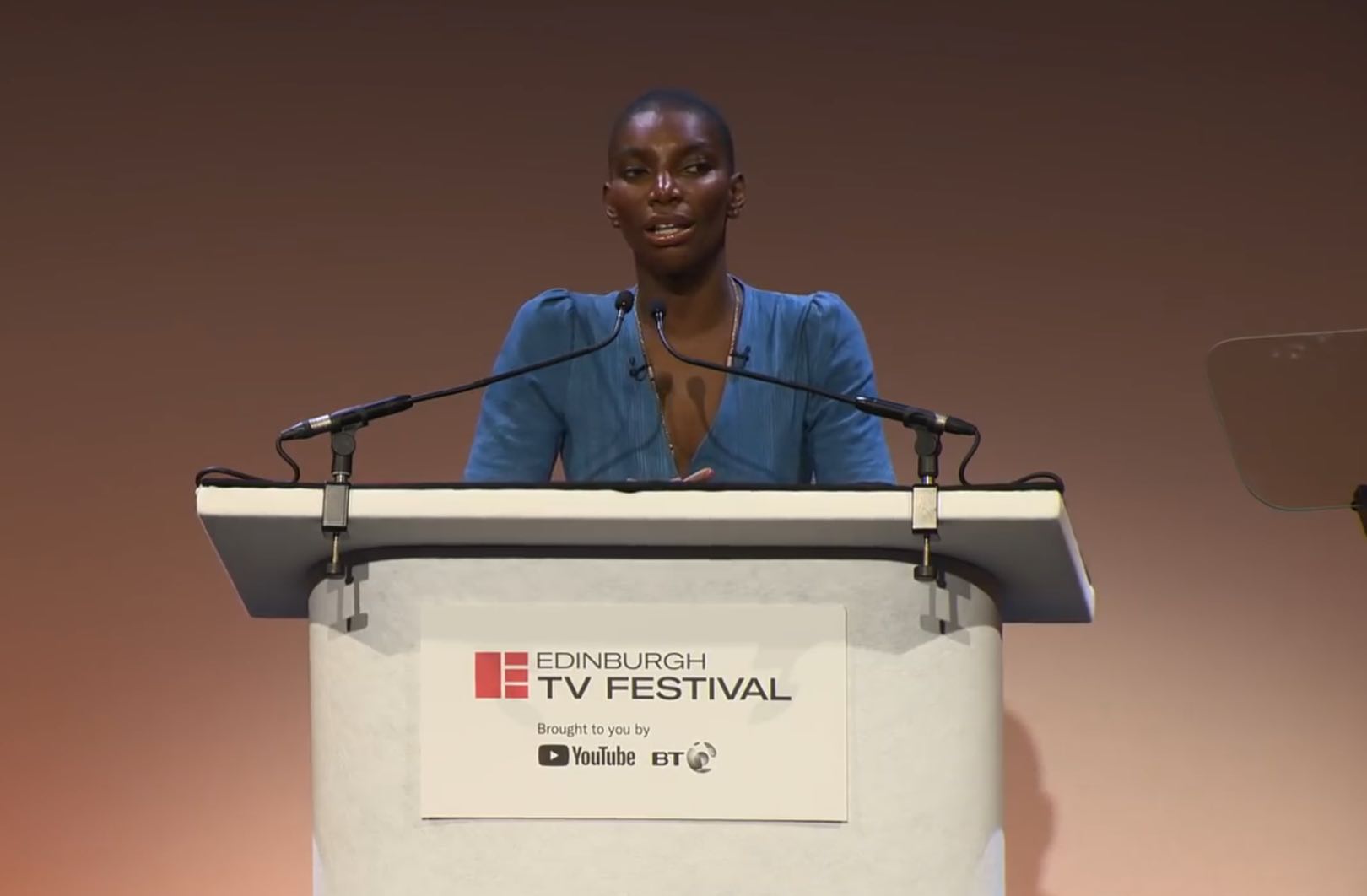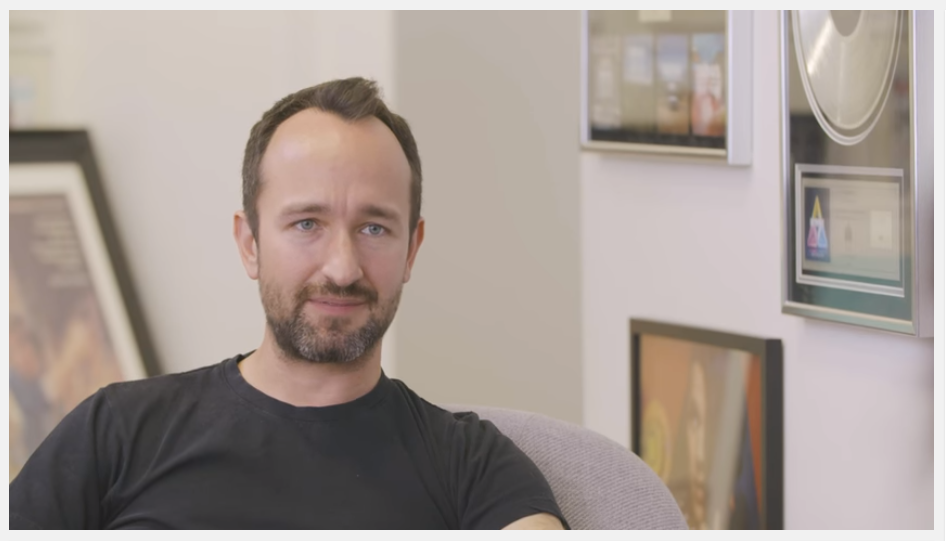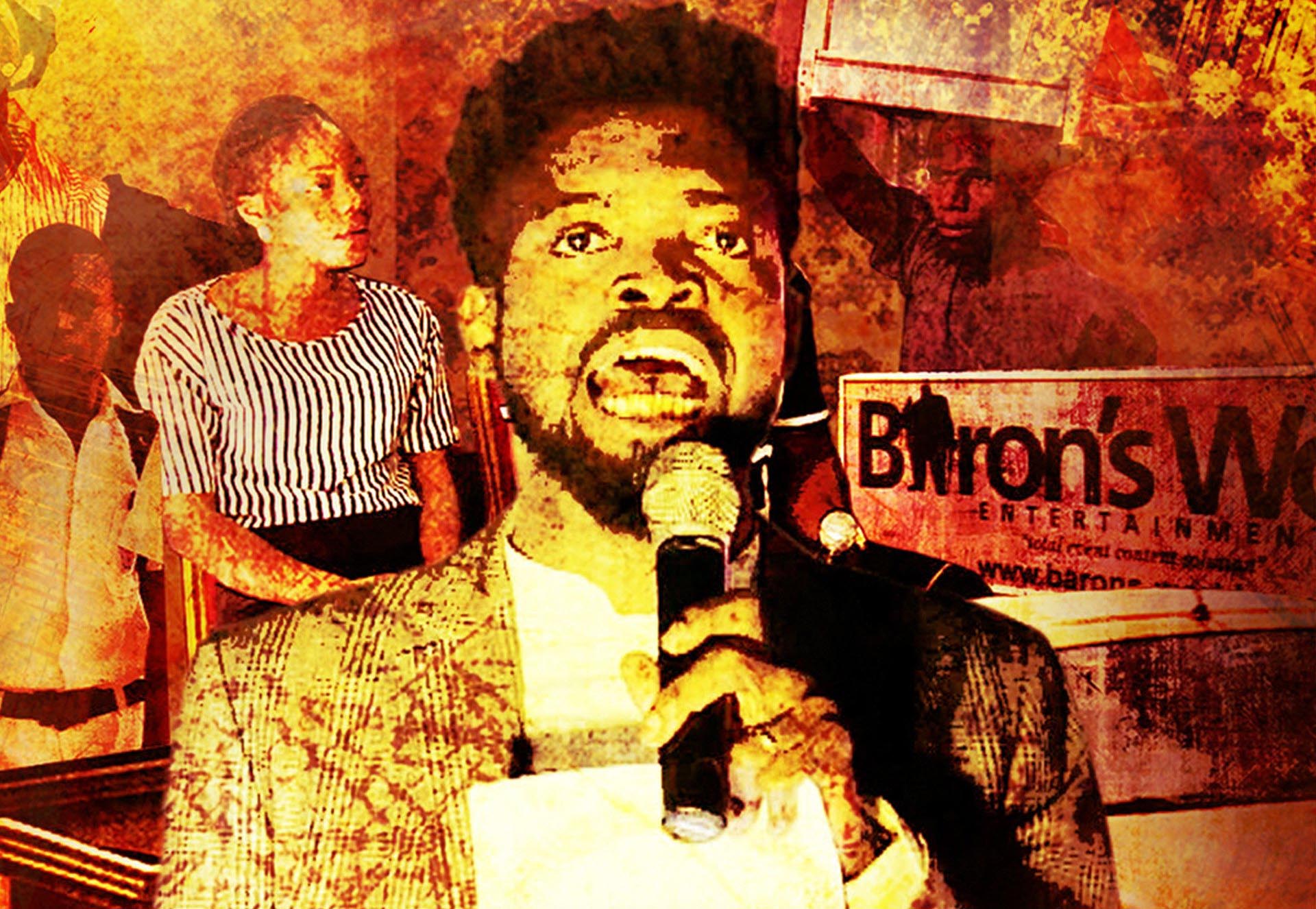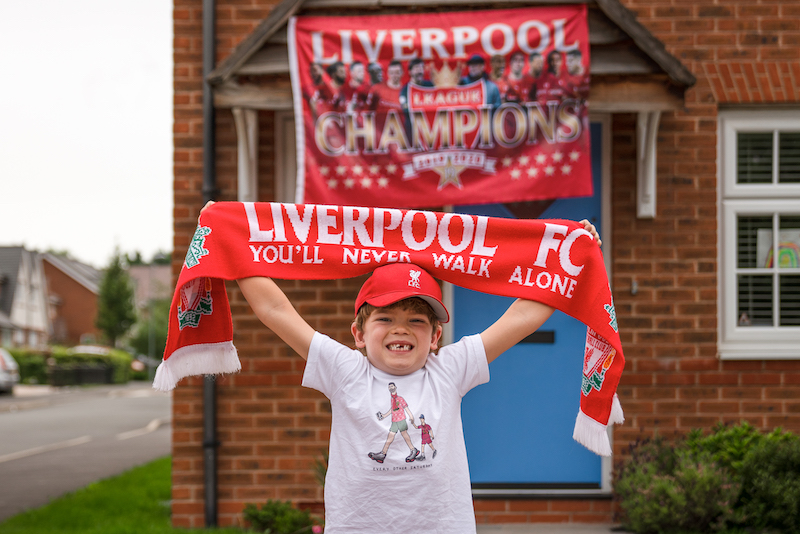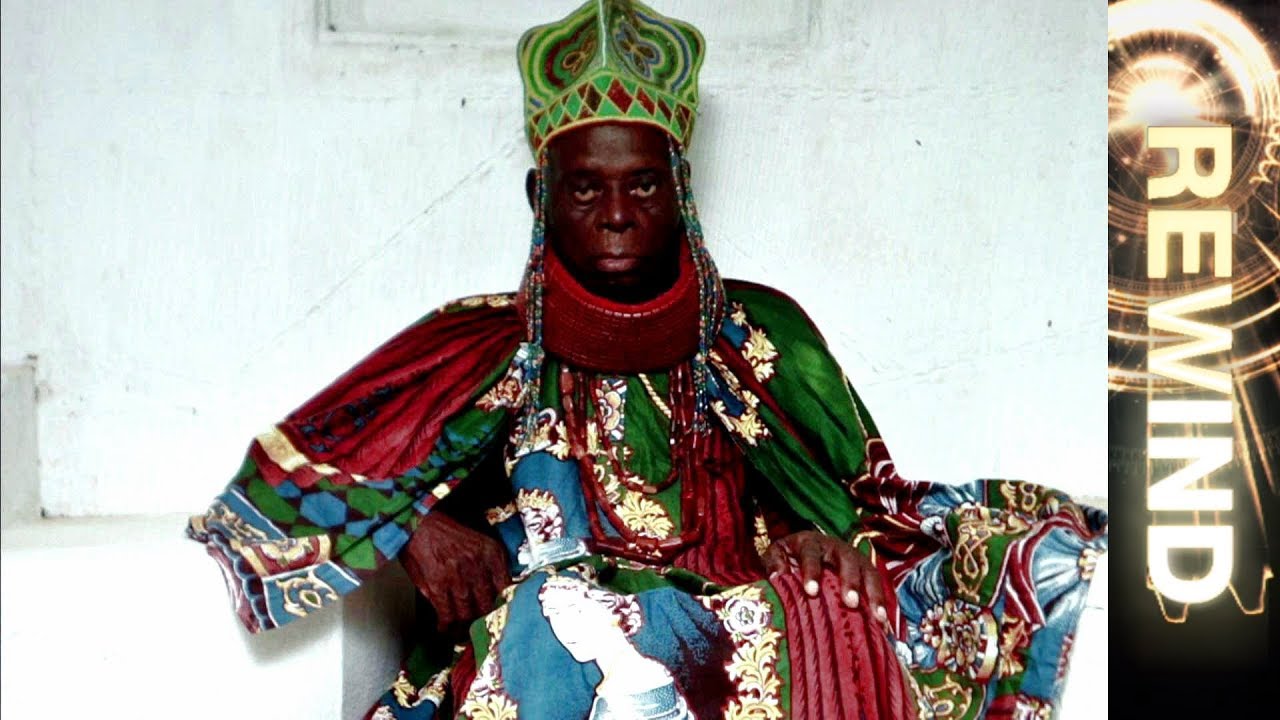Generation Change: Police Brutality and Black Lives Matter
by Beckypublished on 22nd July 2021
In the first episode of Generation Change, a new series looking at young people pushing for change around the world, we travel to the United States to meet two Generation Z activists.
Chelsea Miller is an anti-racism activist and co-founder of the civic organisation Freedom March New York City. Samuel Sinyangwe is a data and policy analyst who co-founded Mapping Police Violence – a database recording police brutality in the US.
In this episode presented by Zahra Rasool, Chelsea and Samuel discuss police brutality, Black Lives Matter, organisation and how global networks of solidarity can be created using technology.
Up Next
In the third episode of Generation Change, we travel to Lebanon to see how young organisers are mobilising to halt one of the most serious economic and political crises in Lebanon’s history. Presented by Luna Safwan, Karim and Azza discuss Lebanon’s political gridlock, the August 4 Beirut blast, as well as strategies to end corruption and dismantle the sectarian power-sharing system.
Lebanon: Single By Choice
3 years ago
Why are so many Lebanese women single? Five women share their stories of love, life and marriage in Lebanon.
Bringing nature and people together, Park Ranger Elias Libombo mediates between Zimbabwe’s Gonarezhou National Park and local communities.
The Iron Ivan – Showing on Millennium Extra
3 years ago
This rich biopic follows the incredible journey of an early 20th century world celebrity, from his modest roots in rural Russia, to the world stage in Paris and 1920s America.
Who Killed Robert Kennedy?
3 years ago
More than 50 years on, questions about witness testimony, hidden evidence and true identity of Kennedy’s killer remain.
In this episode of Generation Change, presented by Ayanda Charlie, Sera and Keitumetse discuss the legacy of apartheid on activism in South Africa, gender-based violence, climate justice and how these issues intersect with racism and other social inequities.
Related Videos
Millennium Arts: Swans for Relief
3 years ago
Millennium Arts: Swans for Relief
Michaela Coel – James MacTaggart Lecture
3 years ago
Millennium Discovers: Michaela Coel - James MacTaggart Lecture
The Ones with Andy Varley, CEO of Insanity
3 years ago
The Ones is a collection of conversations with influential figures across various industries.
Syria’s Woman of Hope
3 years ago
Al Jazeera Close Up. As one of a few female mental health professionals in Syria’s Idlib province, Abeer al-Faris has her work cut out for her. Every day, she gets up at the crack of dawn to manage the Dar al-Amal Education Village, an independent care centre for widows and orphans of war.
The Fans Who Make Football: Celtic FC
3 years ago
fans-who-make-celtic-fc
Morocco’s Bollywood Dream
3 years ago
This documentary, filled with a wide variety of characters, voices and movie clips, is a fascinating snapshot of a world few outside Morocco knew existed. It also includes a contribution from legendary Bollywood actor Rishi Kapoor who passed away in April 2020.

